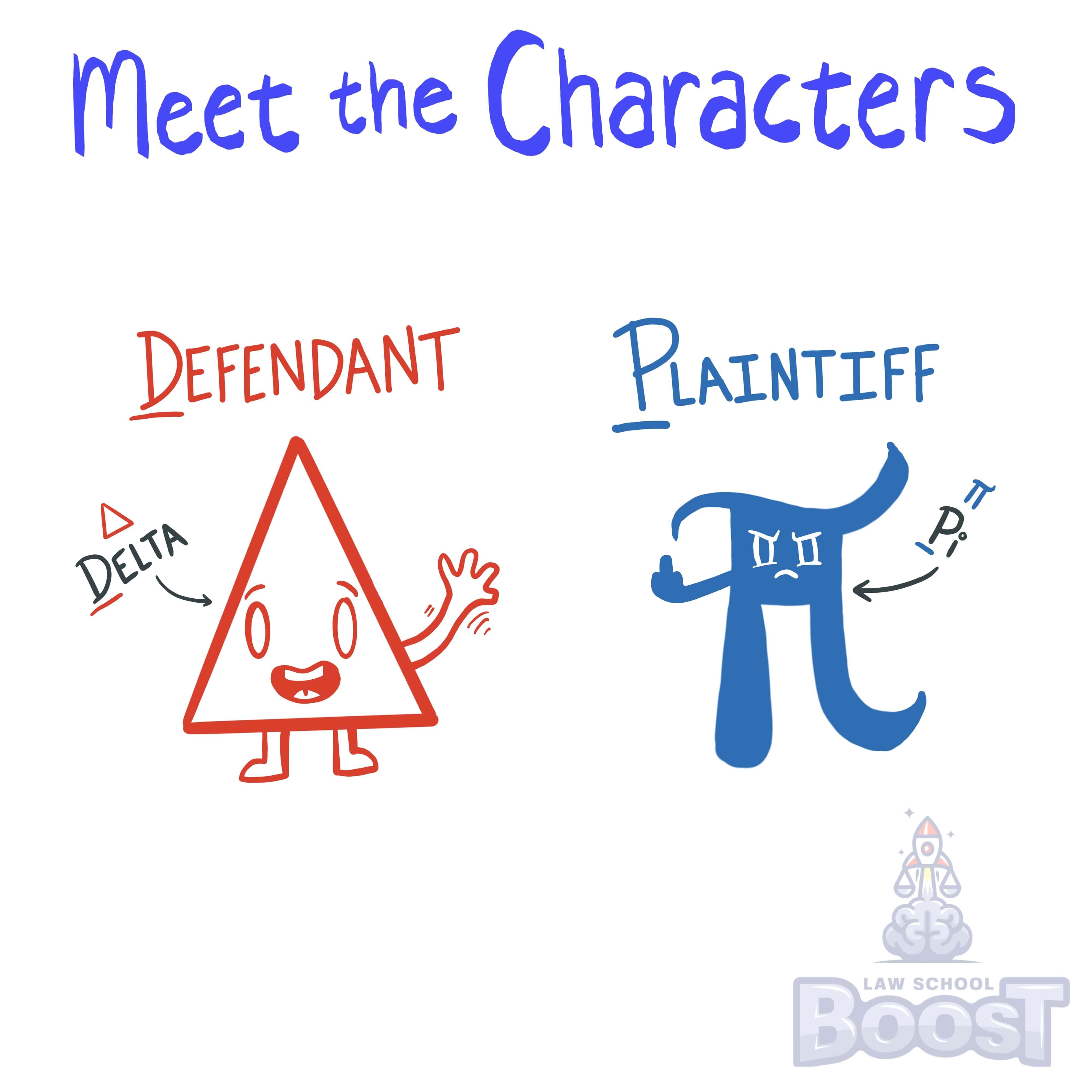🇺🇸
Constitutional Law • Introduction
CONLAW#000
Legal Definition
Though the law can be pretty complicated, you've probably noticed as you study other topics that there is often some underlying logic or pattern that helps to justify why a rule is a rule. For example, we all know that punching people in the face is wrong, so it's easy to understand why "battery" is a thing when we study Tort law. Similarly, we know that it is wrong to lie and deceive others in order to get something of value from someone else, so "fraud" is a relatively familiar concept even if you weren't aware of the specific rule statement for it.
Constitutional law isn't as simple, unfortunately.
Though there are moments and threads of logic, much of Constitutional Law has less to do with universal truths or consistent logic and more to do with how at least 5 out of 9 justices think the law should be at any given time. Even after a law is decided, and something called "stare decisis" should prevent abrupt changes later on, the Supreme Court has been shown time and again to invent legal fictions to change laws and override precedent in order to pursue their underlying personal or political bias.
It's important to understand this because when you study Constitutional Law you may be tempted to lean into a general sense of "the law is this way because it is logical for it to be this way," but the reality is that the law is that way because in a specific case the Supreme Court decided it to be that way. This is why you will notice an emphasis on learning specific cases that define major Constitutional Law concepts, because it's important to understand those facts and the court's rationale in order to effectively apply it to a new fact pattern.
With that in mind, if you imagine Civil Procedure rules to be the programming language that you must learn to speak in order to communicate with the courts, then Constitutional Law is the underlying operating system that our courts, and government, run on. These are the underlying boundaries that constrain the actions and authority of the government and provide the framework on top of which all other laws live.
Constitutional law isn't as simple, unfortunately.
Though there are moments and threads of logic, much of Constitutional Law has less to do with universal truths or consistent logic and more to do with how at least 5 out of 9 justices think the law should be at any given time. Even after a law is decided, and something called "stare decisis" should prevent abrupt changes later on, the Supreme Court has been shown time and again to invent legal fictions to change laws and override precedent in order to pursue their underlying personal or political bias.
It's important to understand this because when you study Constitutional Law you may be tempted to lean into a general sense of "the law is this way because it is logical for it to be this way," but the reality is that the law is that way because in a specific case the Supreme Court decided it to be that way. This is why you will notice an emphasis on learning specific cases that define major Constitutional Law concepts, because it's important to understand those facts and the court's rationale in order to effectively apply it to a new fact pattern.
With that in mind, if you imagine Civil Procedure rules to be the programming language that you must learn to speak in order to communicate with the courts, then Constitutional Law is the underlying operating system that our courts, and government, run on. These are the underlying boundaries that constrain the actions and authority of the government and provide the framework on top of which all other laws live.
Visual Aids




